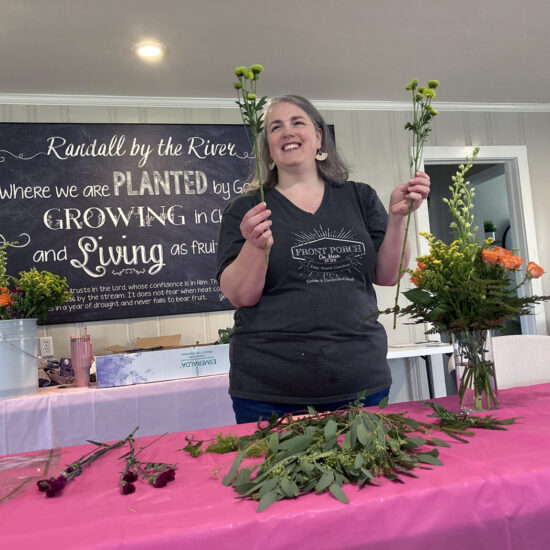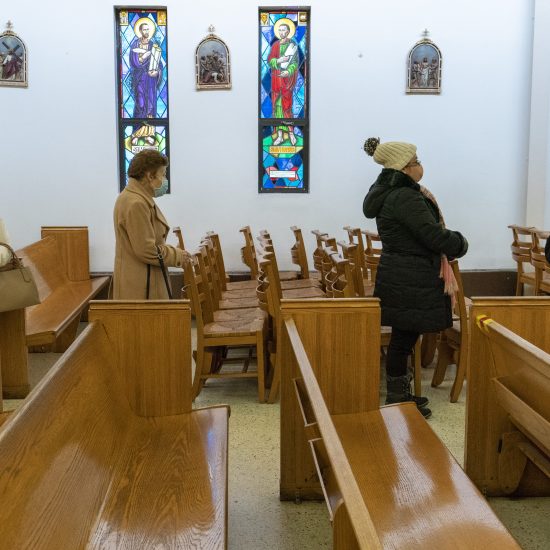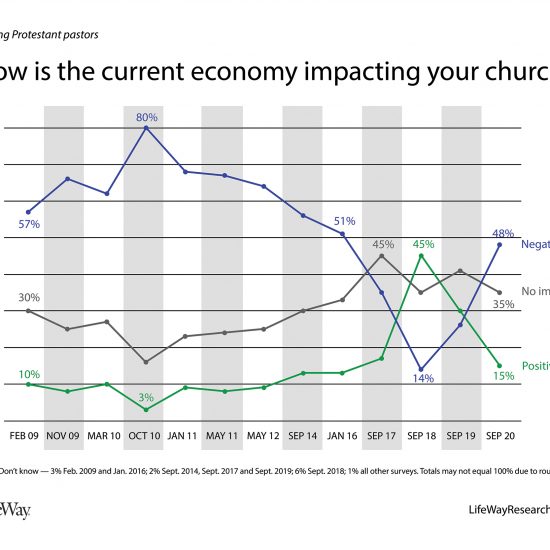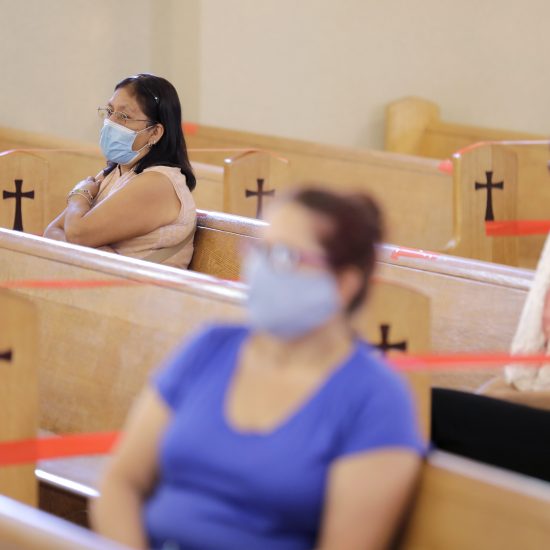LAS VEGAS (BP) — Las Vegas, Washington, D.C., and Denver were named America’s loneliest cities in a recent study, but pastors in those cities are not surprised. They say the transient nature of modern life, along with selfishness and technology contribute to people feeling alone despite being surrounded by people.
Various reports indicate a rise in the number of people who report feeling lonely, and in Great Britain earlier this year Prime Minister Theresa May appointed a minister for loneliness. CV Outreach, an organization urging churches to use technology to reach people far from God, conducted the study identifying American cities where people are most likely to feel lonely.
 Vance Pitman, pastor of Hope Church in Las Vegas, cited a combination of issues that could have led to “Sin City” topping the list released in February. “Over 90 percent of Las Vegans do not have a relationship with Jesus, and this leaves them with a spiritual emptiness which often leads to real loneliness,” Pitman told Baptist Press in written comments.
Vance Pitman, pastor of Hope Church in Las Vegas, cited a combination of issues that could have led to “Sin City” topping the list released in February. “Over 90 percent of Las Vegans do not have a relationship with Jesus, and this leaves them with a spiritual emptiness which often leads to real loneliness,” Pitman told Baptist Press in written comments.
More than 1 million people have moved to Las Vegas in the past decade, leaving people to start over building community and meaningful relationships, he said. Also, Las Vegas is an extremely fast-paced city. “The rhythm of Las Vegas life makes building meaningful relationships challenging, and it really only happens with real intentionality,” Pitman said.
Dave Howeth, a North American Mission Board Send City missionary in Denver, also cited a vast influx of people as a reason for feelings of loneliness. Seventy percent of the people who move to Denver are domestic immigrants, he said, referring to people who move from other states.
“We are a place of escape and adventure with all of the skiing, hiking, biking, mountains, etc.,” Howeth told BP in written comments. “Our No. 1 idol is the outdoors. … People move here to get away from family to live the life, but they find it costs more than they ever imagined and so they work more than planned and they are lonely because they don’t have family or relationships.”
Skylar Anderson, pastor of Cypress Community Church in Denver, told of meeting a millennial who had moved to Denver from the South and didn’t really know anyone. He was “living in a really cool neighborhood, surrounded by people” — thousands of people within about a mile of him — but he “basically knew nobody and wasn’t even sure how to connect with them.”
Anderson told the man that if he ever just wanted to watch Netflix on somebody else’s couch, he could come over to his house. “For him, that was the Gospel connection,” Anderson told BP. “He had never had that offer, somebody just saying, ‘Hey, why don’t you just come to my place and watch Netflix?'”
A couple Anderson encountered had lived in Denver about six months and were talking about their work. She was in the marijuana industry and he was in the tech industry, Anderson noted, and they said, “Everyone is really nice, but it’s really hard to make friends.”
“People don’t necessarily say they’re really lonely, but the experience is, ‘I’m surrounded by people and yet I don’t feel like anybody knows me, nobody cares what’s going on in my life, nobody would know if I moved back home,’ which is what a lot of people do after two or three years,” Anderson said.
Garrett Kell, pastor of Del Ray Baptist Church in Alexandria, Va., told BP one factor in D.C.’s ranking on the list is that people who work in the city drive from suburbs all around and are stuck in some of the nation’s worst traffic for hours each day. Also, they’re working high stress jobs, and when they finally get home at night they just want to relax, he said.
Because of traffic, going to a friend’s house can take 25 minutes or more, Kell said, and many people lack the desire to overcome that obstacle to establish strong relationships.
Bryan Barley, pastor of Summit Church, a NAMB church plant in Denver, told BP, “Denver is a place where people live close to one another in terms of proximity, but they don’t feel close relationally.”
As a pastor, Barley helps people identify their problems and navigate them. And the reason people often feel lonely, he noted, is they are not operating in accordance to their design.
“You long for community because you were created in the image of a communal God,” Barley tells people, adding that it’s not a problem they should dismiss or distract from with social media or fun experiences.
Often when people want community, they’re looking for what they can take, but at the heart of community is a posture of commitment and sacrifice, Barley said. So he counsels people to stay in one place for a long time instead of jumping from group to group and to have a posture of giving.
Pitman in Las Vegas said the demographic of lonely people creates a massive opportunity for the Gospel. “Through the Gospel, we are reconciled to God but also to each other in authentic, transparent community,” Pitman said. “Real Gospel transformation leads to life-changing community and doing life with others.”
One of the greatest things the church can offer places like Denver, Anderson said, is a sense of community.
“We’re in a city where [people have] everything they need except deep, meaningful relationships,” Anderson said. “The good news is that God saves you not just from your sins but into a family. Practically, that looks like a lot of cookouts, a lot of barbeque, a lot of gluten free hotdog buns.”
Kell said, “Certainly the foundation of our refuge for whatever it may be — loneliness or anxiety or fear — is knowing that we’re never alone. [God] always knows us. David boasted of this in Psalm 139, saying ‘Where can I go from Your Spirit?’
“… The Father always cares for us. We see that supremely in Jesus and the fact that He entered into our empty, broken world where we were ostracized in our sin, and He brought us near,” Kell said.






